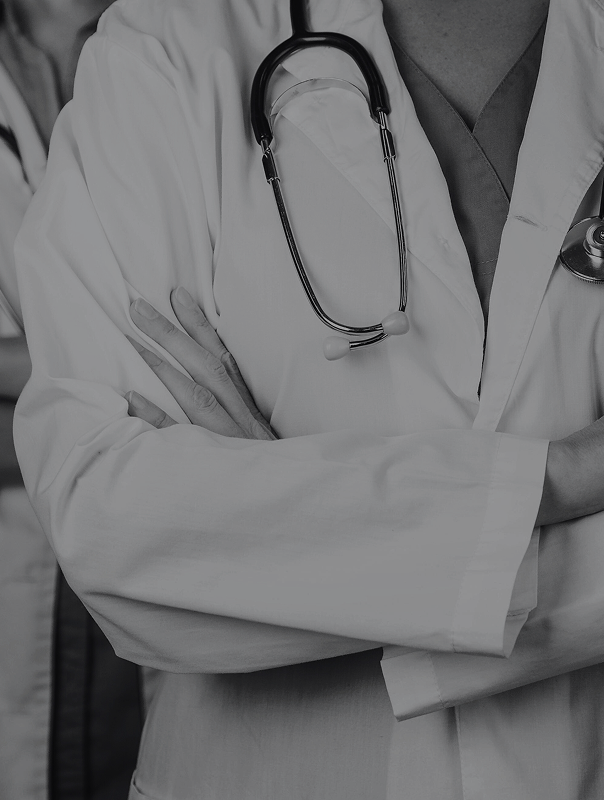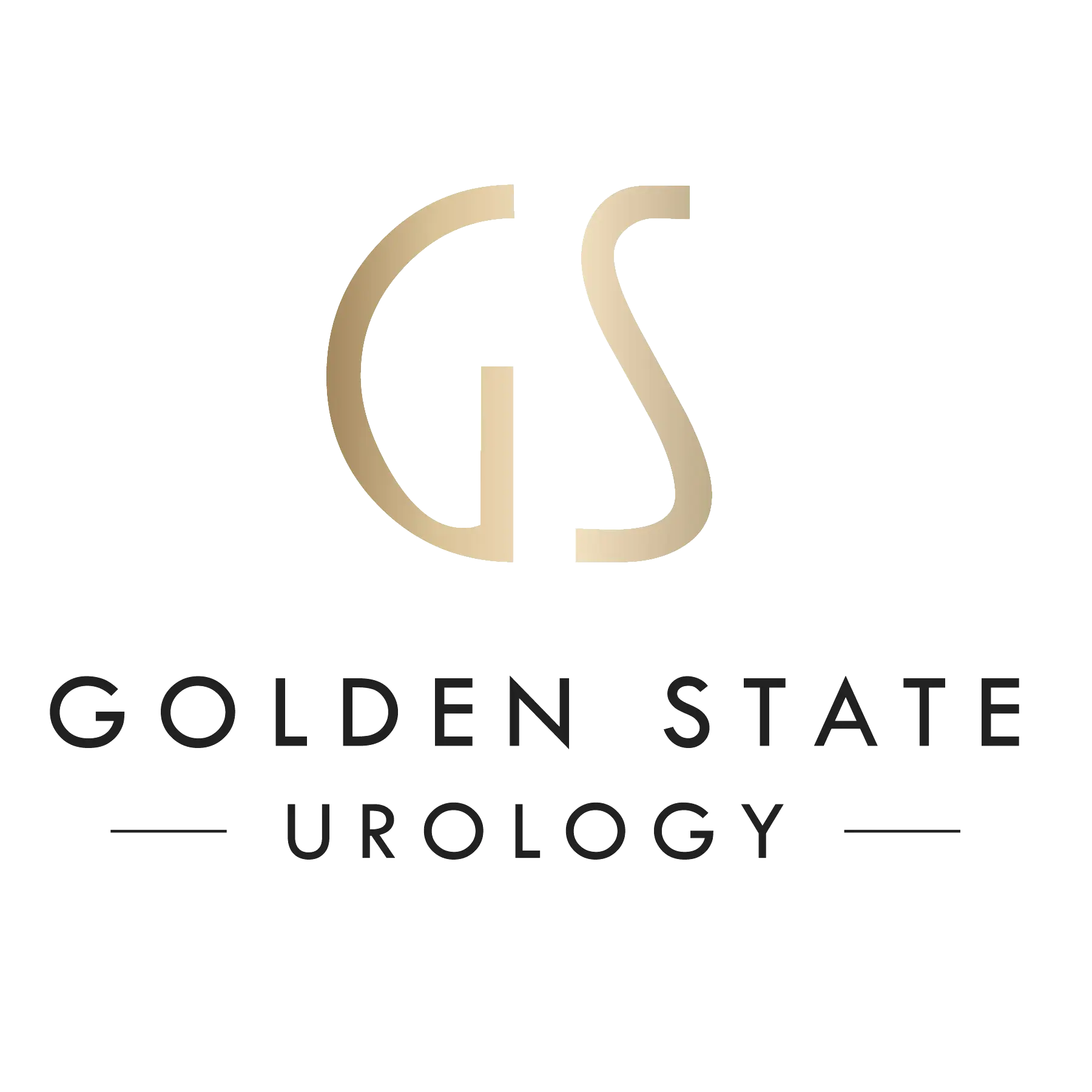Erectile Dysfunction a sign of Heart Disease
Sep. 17, 2019The same process that creates heart disease may also cause erectile dysfunction, only earlier.
Erectile dysfunction is the inability to get and or keep an erection firm enough for sex — can be an early warning sign of current or future heart problems. Likewise, if you have heart disease, getting the right treatment might help with erectile dysfunction. Understand the connection and what you can do about it.
Experts now believe erectile dysfunction preceding heart problems is due to the dysfunction of the inner lining of the blood vessels and smooth muscle The Endothelial dysfunction causes inadequate blood supply to the heart and blood flow to the penis.
Erectile Dysfunction Predicts Heart Disease
Studies now show that erectile dysfunction puts men at double the risk of cardiovascular problems such as heart attack, cardiac arrest and stroke.
Analysis revealed that men with erectile dysfunction the risk was as twice as high for heart problems.
Men with even mild erectile dysfunction -- but no known heart problems -- face a major extra risk of developing cardiovascular conditions in the future. And as erectile dysfunction becomes more pronounced, signs of hidden heart disease and earlier death risk grow.
Among men aged 45 and up without diagnosed heart disease, those with moderate or severe erectile dysfunction were up to 50 percent more likely to be hospitalized for heart problems, according to an adjusted analysis. Erectile dysfunction boosted the risk for hospitalization even more when men had a history of cardiovascular disease. (www.webmd.com/heart-disease)
What are the Risk Factors?
- Diabetes - Men who have diabetes are at high risk of erectile dysfunction and heart disease.
- Smoking - Increases your risk of developing vascular disease and can cause erectile dysfunction.
- Alcohol - Alcohol also impairs erections. Drinking too much alcohol can cause heart disease and might contribute to other causes of heart disease, such as high blood pressure or abnormal cholesterol.
- High blood pressure - Over time, high blood pressure damages the lining of your arteries and accelerates the process of vascular disease. Certain high blood pressure medications, such as thiazide diuretics, can also affect sexual function.
- High cholesterol - A high level of low-density lipoprotein (LDL, or "bad") cholesterol can lead to atherosclerosis.
- Age - As you get older, erections might take longer to develop and might not be as firm. The younger you are, the more likely that erectile dysfunction signals a risk of heart disease. Men younger than 50 are at especially high risk. In men older than 70, erectile dysfunction is much less likely to be a sign of heart disease.
- Obesity - Excess weight typically worsens other risk factors for heart disease.
- Low testosterone - Men with low testosterone have higher rates of erectile dysfunction and cardiovascular disease compared to men with normal testosterone levels.
Erectile Dysfunction and High Blood Pressure
According to authors, findings confirm the link between erectile dysfunction and heart disease. They also suggest that erectile dysfunction could be an independent risk factor for heart disease, similar to risk factors like diabetes and high blood pressure.
Your blood pressure is high for an extended time, it can damage the lining of your arteries and interfere with your blood flow. This appears to affect your ability to get and maintain an erection. A 2012 study published in the journal Current Opinion in Nephrology and Hypertension Trusted Source found that approximately 30 percent of men with hypertension complain of ED.
What Causes Erectile Dysfunction?
There are physical and psychological issues that are attributed to erectile dysfunction. In many cases erectile is caused by physical issues.
· Heart disease
· Clogged blood vessels (atherosclerosis)
· High cholesterol
· High blood pressure
· Hypertension
· Diabetes
· Obesity
· Enlarged prostate
· Metabolic syndrome — a condition involving increased blood pressure, high insulin levels, body fat around the waist and high cholesterol
· Parkinson's disease
· Multiple sclerosis
· Certain prescription medications
· Tobacco use
· Peyronie's disease — development of scar tissue inside the penis
· Alcoholism and other forms of substance abuse
· Sleep disorders
· Treatments for prostate cancer or enlarged prostate
· Surgeries or injuries that affect the pelvic area or spinal cord
The brain is an important role in experience of physical events that cause an erection, starting with feelings of sexual excitement. There are psychological issues that interfere with sexual feelings and cause or worsen erectile dysfunction. These include:
· Anxiety
· Depression
· Stress
· Relationship problems due to stress.
How much Cholesterol is too Much?
High blood cholesterol can also damage your arteries. The buildup of cholesterol in your arteries can clog them and restrict your blood flow. This can contribute to ED, as well as heart disease.
Total cholesterol levels less than 200 milligrams per deciliter (mg/dL) are considered desirable for adults. A reading between 200 and 239 mg/dL is considered borderline high and a reading of 240 mg/dL and above is considered high. LDL cholesterol levels should be less than 100 mg/dL.
Cholesterol levels vary by age, weight, and gender. Over time, a person's body tends to produce more cholesterol, meaning that all adults should check their cholesterol levels regularly, ideally about every 4 to 6 years.
Cholesterol is measured in three categories:
- Total cholesterol
- LDL, or 'bad cholesterol"
- HDL, or 'good cholesterol"
(www.healthline.com)
What’s so Bad About Cholesterol?
When you have too much LDL cholesterol in your body it can build up in your arteries, clogging them and making them less flexible.
The build-up of plaque in coronary arteries can disrupt the flow of oxygen-rich blood to your heart muscle. This may cause chest pain called angina.
Low-density lipoprotein (LDL) is the “bad,” unhealthy kind of cholesterol. LDL cholesterol can build up in your arteries and form fatty, waxy deposits called plaques.
High-density lipoprotein (HDL) is the “good,” healthy kind of cholesterol. It transports excess cholesterol out of your arteries to your liver, which removes it from your body.
(www. Healthline.com)
How Can I Lower My Cholesterol?
A few changes in your diet can reduce cholesterol and improve your heart health:
Healthy food choices are essential, a well balanced diet containing fruits, vegetables, fiber, and lean protein.
- Eliminate trans fats. sometimes listed on food labels as "partially hydrogenated vegetable oil," are often used in margarines and store-bought cookies, crackers and cakes and other processed products. Trans fats raise overall cholesterol levels. 9ik and products are required to list trans fats.
- Eat foods rich in omega-3 fatty acids. Omega-3 fatty acids don't affect LDL cholesterol. But they have other heart-healthy benefits, including reducing blood pressure. Foods with omega-3 fatty acids include salmon, mackerel, herring, walnuts and flaxseeds.
- Increase soluble fiber. Soluble fiber can reduce the absorption of cholesterol into your bloodstream. Soluble fiber is found in such foods as oatmeal, kidney beans, Brussels sprouts, apples and pears.
- Reduce saturated fats found primarily in red meat and full-fat dairy products. Decreasing your consumption of saturated fats can reduce your low-density lipoprotein (LDL) cholesterol — the "bad" cholesterol.
- Lean protein is needed such as fish and chicken. Whey protein is another alternative to obtaining protein in your diet.
- Eat more polyunsaturated and monounsaturated fats, such as avocados and olive olives
Exercise can improve cholesterol. Moderate physical activity can help raise high-density lipoprotein (HDL) cholesterol, the "good" cholesterol.
Adding physical activity, even in short intervals several times a day, can help you begin to lose weight. Having a work out partner will help keep you accountable. Consider:
- Taking a brisk daily walk during your lunch hour
- Riding your bike to work
- Playing a favorite sport
Stop smoking improves your HDL cholesterol level. The benefits occur quickly:
- Within 20 minutes of quitting, your blood pressure and heart rate recover from the cigarette-induced spike
- Within three months of quitting, your blood circulation and lung function begin to improve
- Within a year of quitting, your risk of heart disease is half that of a smoker
Lose Weight , extra pounds contribute to high cholesterol. There are small changes that can make a difference. Cut back on sugar and sugary drinks. Limit eating out, fixing healthy delicious food from home help with the waistline and wallet. Choose healthy food over processed food and meat and drink more water.
Moderate use of alcohol has been linked with higher levels of HDL cholesterol — but the benefits aren't strong enough to recommend alcohol for anyone who doesn't already drink.
Too much alcohol can lead to serious health problems, including high blood pressure, heart failure and strokes.
Men With Erectile Dysfunction Should Discuss Their Risk for Heart Disease With Their Physician
There is a direct correlation with heart disease and erectile dysfunction men face nearly twice the risk for heart attack and stroke. It is vital you discuss with your doctor any erectile dysfunction concerns you are experiencing.
If you have Erectile Dysfunction , call us for a consultation so we can carefully walk you through the treatment options best for you. Please see Our Services or call us at to schedule an appointment!
– YOUR SACRAMENTO UROLOGIST
Why Choose Us
Golden State Urology in Sacramento, California, is a top choice for urologic care, offering expert treatments with a patient-centered approach. Their team of highly skilled professionals provides advanced solutions for a wide range of conditions.
With state-of-the-art technology, personalized treatment plans, and a commitment to compassionate care, Golden State Urology ensures that every patient receives the highest standard of medical attention. Whether you’re seeking innovative procedures or routine care, our experienced specialists are dedicated to improving your health and quality of life.
Convenient Business Hours
Our Sacramento urology medical center is open 6 days a week and provides evening appointments to accommodate varied work schedules. Please call to schedule a consult.
Personalized Treatments
At Golden State Urology in Sacramento, we prioritize personalized treatment plans for each patient, addressing various conditions such as sexual health issues (e.g., vasectomies) and urinary tract conditions (e.g., infections, incontinence, cancers) to achieve optimal results.
Innovative Solutions
At our urology center, we prioritize patient satisfaction and utilize advanced technology to achieve optimal outcomes for various reproductive and urinary issues, including vasectomies, urinary incontinence, infections, and cancers of the testis, kidney, prostate, and bladder.
Certified Experts
Our Sacramento, CA urologists have 30 years of experience in sexual health, urinary medicine, urologic surgery, and cancers, continually adopting advanced solutions and technology for both men and women.
Easy Payment Methods
Golden State Urology in Sacramento offers various payment options to make treatment affordable and convenient. Contact any of our nearby offices for more details.
Personal Approach
We value our patients and credit our success to them. As your Sacramento urologist office, we focus on monitoring patient satisfaction and finding solutions for optimal outcomes, prioritizing your happiness as a measure of our success.
Kind Words from Some of our Patients
READ MORE REVIEWS- MEDICAL CARE YOU CAN TRUST
Meet Our Skilled Doctors





- WE’RE EXCITED TO SEE YOU
SCHEDULE YOUR CONSULTATION
Book your consultation appointment to learn more about how our services can help you.
We provide easy payment options of your choice.


- WE’RE LISTENING
What’s on Your Mind?
FAQ’s
We’re sure you have questions, and we’re here to answer them! Below are some frequently asked questions that might help, but we’re also available via phone or email for anything that might be on your mind!
A urologist is a physician whose specialty is maintaining and studying the male reproductive system and the urinary tracts of both men and women. These specialists are certified in diagnosing and treating many conditions in the genitourinary tract, which encompasses the kidneys, urinary bladder, ureter, urethra, and adrenal glands. A urologist also studies and deals with the male reproductive organs — penis, prostate, testicles, epididymis, seminal vesicles, vas deferens, etc. A urologist can also specialize in male fertility as well, performing vasectomies and vasectomy reversals.
Our urologists in Sacramento treat disorders such as urinary tract infections (UTI), kidney stones, hematuria (blood in the urine), kidney cancer, stress incontinence, benign prostatic hyperplasia, erectile dysfunction, prostate cancer, testicular cancer, and cystitis. You will also find a doctor who is skilled in gynecology to address women’s urinary health and in pediatrics to treat urinary issues in children. Golden State Urology employs some of the best urologists in Sacramento with in-depth expertise and extensive experience in treating these conditions.
A urologist can help both men and women struggling with urinary or sexual health issues. If you’re experiencing any of the following symptoms, schedule your consultation with one of our urologists in Sacramento.
Symptoms for Men
- Urinary Issues: Frequent urination, especially at night, urgency, weak or interrupted urine flow, dribbling, or a feeling of incomplete bladder emptying.
- Erectile Dysfunction: Problems with achieving or maintaining an erection.
- Testicular Problems: Pain, swelling, or lumps in the testicles.
- Certain Types of Pain: Pain in the lower back, groin, and pelvis or pain while urinating.
- Blood in the Urine: Visible blood or a pinkish tint to the urine.
- Incontinence: Loss of bladder control or leaking urine.
Symptoms for Women
- Urinary Tract Infections (UTIs): Frequent UTIs or recurring infections that require antibiotics.
- Incontinence: Loss of bladder control or involuntary leaking of urine.
- Painful Urination: A burning sensation or pain when urinating.
- Frequent Urination: Needing to urinate often, especially at night.
- Blood in the Urine: Visible blood or a pinkish tint to the urine.
- Pelvic Organ Prolapse: Sensation of pressure or a bulge in the pelvic region.
- Pain in the Lower Abdomen or Pelvis: Persistent or sharp pain in these areas.
A urologist can perform in-depth tests to provide an accurate diagnosis. Our team of urology physicians will also prescribe treatment to resolve the underlying cause and help manage your symptoms.
If you have no urological symptoms, a general check-up every few years is usually sufficient. However, men over 40, those with a history of urological issues, or those at risk for prostate cancer should schedule annual visits.
Participating in a clinical trial can give you access to cutting-edge treatments before they are widely available. However, it’s important to discuss the potential risks, benefits, and eligibility criteria with your doctor to determine if a trial aligns with your health needs.
Screening recommendations vary based on age, sex, and risk factors. Men over 50 (or 40 with risk factors) should consider prostate cancer screening. Women may need regular pelvic exams and UTI screenings. Kidney function, bladder health, and STIs are other considerations. Always consult your doctor for personalized recommendations.
Yes, a family history of conditions like prostate cancer, kidney disease, bladder cancer, or infertility can increase your risk. If certain urological issues run in your family, early screening and lifestyle changes may help with prevention and early detection.
- FIND THE CLOSEST CLINIC
Our Locations
Sacramento
Clinic
Sacramento, California 95823
Stockton
Clinic
Stockton, CA 95219
